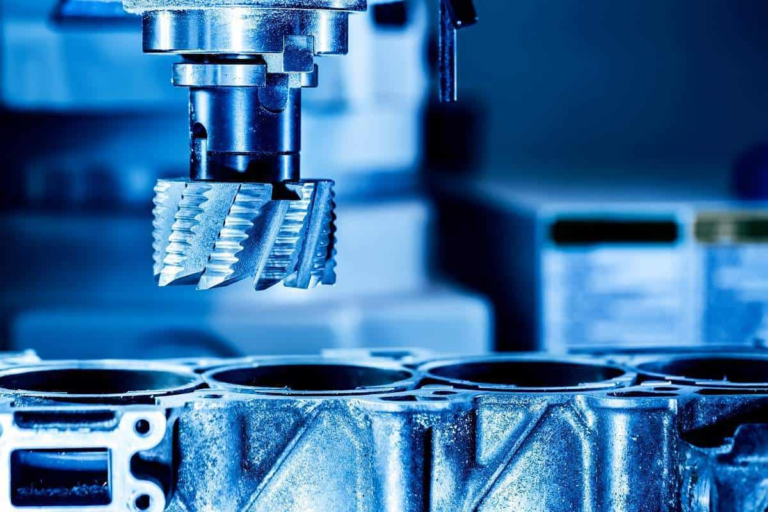Metrology – it’s a word that can strike fear into the hearts of many seasoned engineers. But it doesn’t have to be a complex, jargon-filled concept. At its core, metrology is simply the science of measurement. From the tiniest microchip to the vast expanse of space, measurement is the bedrock of the modern world. So, let’s dig into the measurement concept and make metrology understandable for everyone.
What Exactly Is Metrology?
Imagine building a house without a measuring tape. Or trying to bake a cake without knowing the difference between a teaspoon and a tablespoon. It will be chaotic. That’s essentially what life would be like without metrology and the precision provided by MSP tools.
It ensures that everything you make, from cars to computers, is consistent and reliable. It’s about accuracy, precision, and traceability. In simpler terms, it’s ensuring things are the right size, shape, and weight.
The Importance Of Metrology In Daily Lives
You might think metrology is confined to laboratories and factories, but it’s all around us. Metrology plays a crucial role, from the fuel in your car to the medicine you take.
- Healthcare: Metrology helps create products that fit together perfectly, from tiny screws to enormous aircraft.
- Food And Beverage: Accurate measurement is essential for maintaining consistent product quality, from the weight of a loaf of bread to the alcohol content in your beer.
- Environment: Measuring pollution levels, water quality, and climate change requires precise metrology tools.
Common Metrology Terms Simplified
Let’s tackle some common metrology terms that might confuse you.
Accuracy
This is how close a measurement is to the true value. For example, if you measure a piece of wood as 10 cm long, but it is 10.1 cm, your measurement is accurate but not precise.
Precision
This is how consistent your measurements are. If you measure the piece of wood several times and get results of 10.01 cm, 10.02 cm, and 10.03 cm, your measurements are precise but not necessarily accurate.
Calibration
This is the process of comparing a measuring instrument to a known standard to ensure accuracy. Think of it as checking your watch against Big Ben.
Tolerance
This is the acceptable range of variation in a measurement. It defines the upper and lower limits within which a dimension is considered acceptable. For example, a bolt might have a tolerance of ±0.02 mm, meaning it can be 0.02 mm larger or smaller than the nominal size.
Metrology Tools
Metrology involves many tools, from simple measuring tapes to complex 3D scanners. Some common tools include:
- Micrometres: Used for precise measurements of small objects.
- Callipers: For measuring external and internal dimensions.
- Height Gauges: For measuring vertical distances.
- Coordinate Measuring Machines (CMMs): These are used to create precise 3D measurements of objects.
Metrology’s Role In Quality Control
No manufacturing business can continue to exist without quality control, and metrology makes this possible. It ensures that products are manufactured according to specified dimensions and tolerances while also helping to avoid defects, minimise waste, and increase customer satisfaction.
In industries such as aerospace, automotive, and electronics, metrology takes an even more important position as precision is crucial. Every phase of the manufacturing process, from the initial design through prototyping until the final inspections, has a form of metrology that ensures product quality and dependability.
Metrology In Different Industries
Metrology is not an exclusive domain for engineers or scientists; its influence spans virtually in all industries today. In the manufacturing industry, precision in measurements guarantees that components match perfectly together and work in the required manner. In healthcare, accurate measurements play a big role, ranging from drug doses to implant sizes.
Metrology is also important for food production because it guarantees product safety and consistency. Quality assurance and creativity are highly reliant on metrology, which extends from aviation to farming.
Conclusion
Metrology might seem complex, but it’s the world’s unsung hero. From small components to huge structures, accurate measurement is essential. So the next time you use a product, appreciate the metrologists who helped make it possible.

